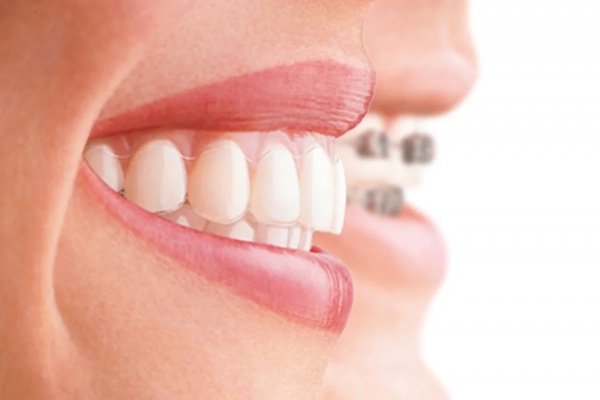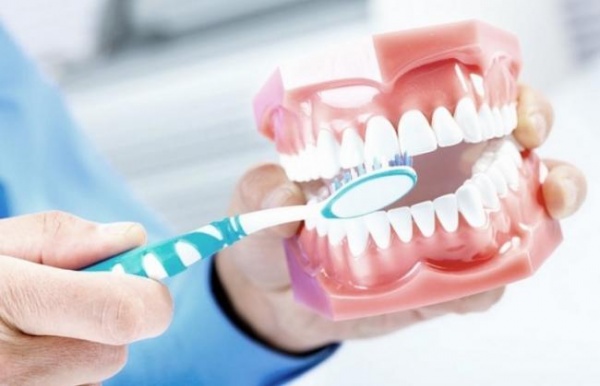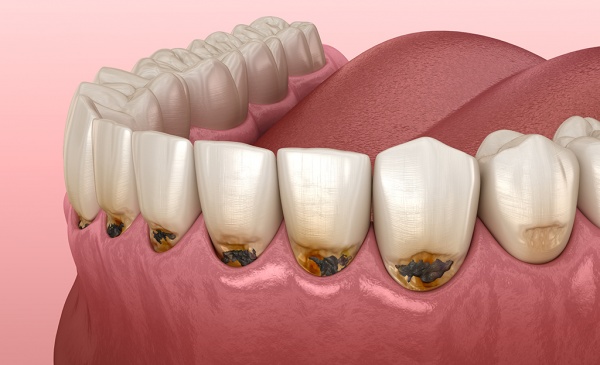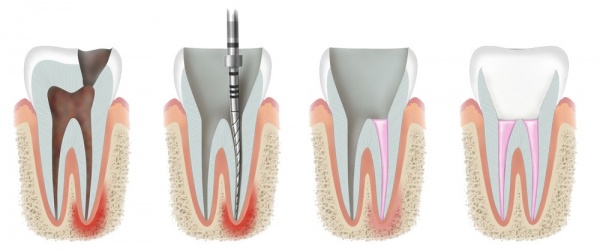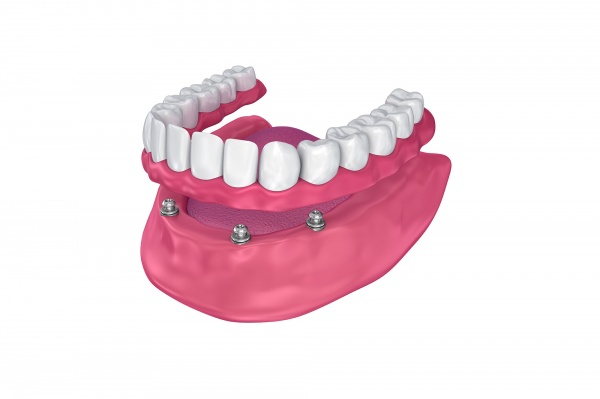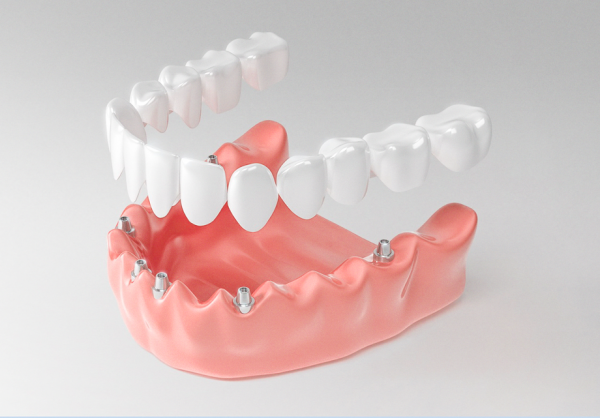Dental implantation is one of the best ways to restore the chewing function of the jaws. Unlike traditional prosthetics, it allows to replace lost teeth completely, together with the root, and for a long period of time - from 10 years.
What is dental implantation
With standard prosthetics, the artificial "teeth" are fixed to the neighboring healthy teeth that have been previously grinded down, or to suction cups in the case of removable prostheses. In both cases, problems occur over time, and the dentures themselves do not last long and need to be replaced regularly.
During implantation, metal elements are implanted into the jawbone, and crowns made of ceramics and other materials are placed on them. The doctor does not touch the neighboring teeth - they can be kept healthy and beautiful, and the artificial teeth will last very long - the base made of a special alloy will last almost until the end of life, and the outer part will be replaced every ten years.
Implants are called the "base" - the metal root that is implanted in the jaw. It is thanks to them that the problem of lost teeth can be permanently solved. The procedure for their installation, including preparation and healing, takes several months, and crowns are fixed in one session.
Indications and contraindications
Implants are an ideal option for those who have lost all or part of their teeth. It is suitable if:
- There was enough bone left over;
- You don't want to damage your neighboring teeth with fixed dentures, or wear dentures;
- Are you willing to take the time to install.
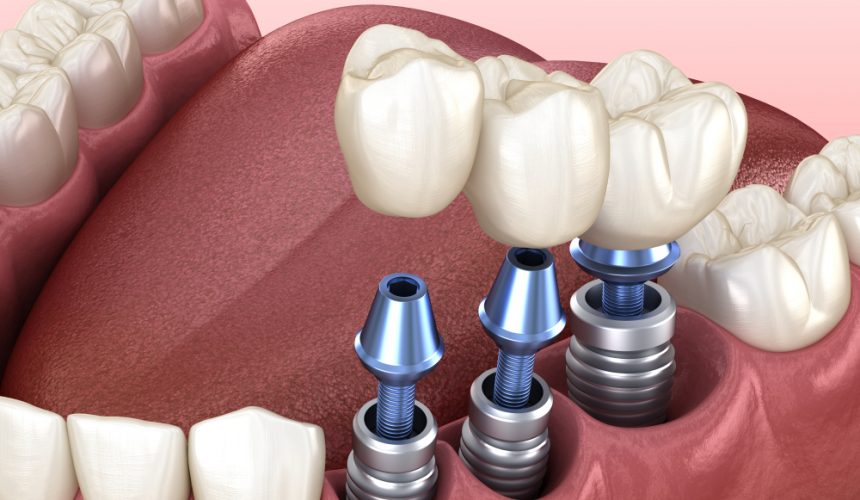
Unfortunately, you can't get implants if you have:
- Bone tissue is thinning (but it can often be restored);
- There is inflammation of the gums or roots (all diseases must be treated before the procedure);
- Diagnosed with cardiovascular disease, immunodeficiency or blood clotting problems.
During implantation, there is full surgery with anesthesia and a gum incision, and this can be dangerous with certain medical conditions. When you go to the doctor, be sure to report your health status, or better yet, visit your general practitioner and get a full body checkup if you haven't done so before.
Advantages and disadvantages of implantation
After tooth extraction, you should not delay with the placement of implants - this is the only way to preserve those that are still healthy, and exclude some problems with the gastrointestinal tract and other body systems. Placing implants is one of the best methods of restoring chewing function. The reasons are:
- Long life. Metal "roots" last up to 30 years;
- Preservation of healthy neighboring teeth. They are grinded down when fixed dentures are placed, and may even be removed when a denture is made;
- It is possible to replace several teeth at once without removable constructions. So, you can install implants in place of the lost back teeth. They will be attached directly to the jawbone;
- Ability to remove diseased, diseased teeth that may soon collapse. You don't have to keep them so you have something to fix your dentures on;
- The possibility of restoration in the case of complete adentia. The only alternative in this case would be dentures. It is not necessary to place 32 implants: several can be placed, on which fixed dentures are subsequently attached;
- Protecting the bone tissue from atrophy. When teeth are lost, it begins to deteriorate, and implants are the only way to avoid this. The metal elements set the load on the jaws, and they are kept healthy;
- Aesthetics. Crowns do not differ from regular teeth in appearance. If your gums are healthy and the dental clinic used quality materials, no one will notice that you have crowns.
You're looking at a method that allows you to forget about your dental problems almost forever. If you have completely replaced them with artificial teeth, you will need to have hygienic cleanings every six months, including implant cleaning: no cavities, pulpitis, wobbly crowns or loose fillings.

